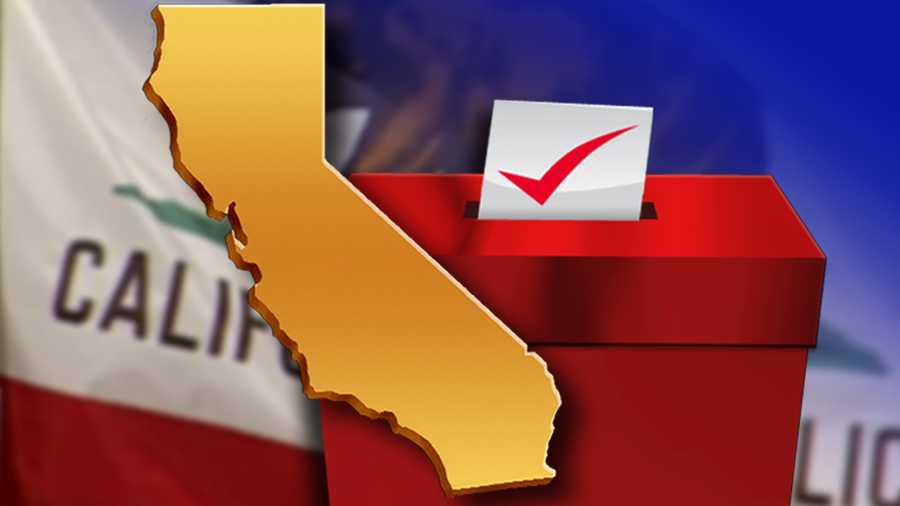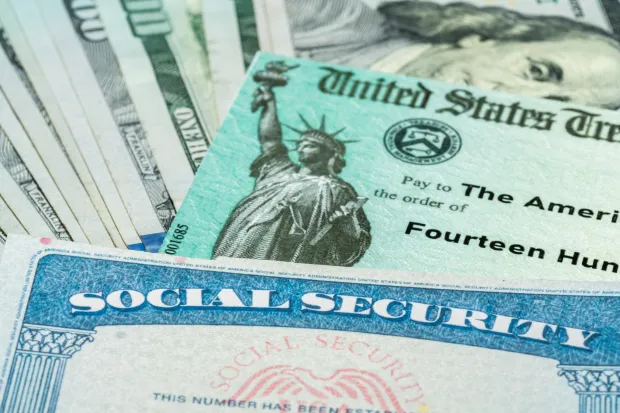Prop 32 explained: Raising California’s minimum wage to $18 an hour
Proposition 32 is on the ballot for California voters, proposing an increase in the state’s minimum wage to $18 over the next two years. If approved, this would make California’s minimum wage the highest in the nation. The measure specifies different timelines based on the size of the employer:
- Employers with 26 or more employees: Wages would increase to $17 per hour immediately and rise to $18 per hour on January 1, 2025.
- Employers with 25 or fewer employees: Wages would rise to $17 per hour on January 1, 2025, and reach $18 per hour on January 1, 2026.
Notably, this increase would not apply to fast food workers, who already have a higher minimum wage of $20 an hour, established in April 2024.
Supporters of Proposition 32
The campaign in favor of Proposition 32, known as the “Yes on the California Living Wage Act,” is supported by a coalition of labor groups, Dolores Huerta, and wealthy entrepreneur and anti-poverty advocate Joe Sanberg.
The campaign argues that increasing wages will benefit the entire economy. “When more Californians earn a fair wage for their work, our entire economy does better,” the campaign stated. They believe that higher wages will help workers afford basic necessities, such as rent and food, which in turn stimulates local economies and creates more jobs.
Campaign Funding: As of September 9, the campaign has raised $609,815. This includes $600,000 from Kevin De Leon’s 2026 lieutenant governor campaign and the remainder from Joe Sanberg.
Opponents of Proposition 32
The opposition to Proposition 32 is led by the California Restaurant Association, the California Chamber of Commerce, and the California Grocers Association. They argue that the proposed wage increase will exacerbate the high cost of living in California and place an additional financial burden on family-owned businesses. They claim that increased wages will force small employers to raise prices, further impacting consumers.
“Proposition 32 makes it even worse as it will increase costs on family-owned businesses who can least afford it,” the opponents stated. They point to recent increases in fast food prices as evidence, noting that prices in California have surged by 7% in six months, leading to significant increases in the cost of ‘value meals’ compared to the rest of the country.
Campaign Funding for Opponents: The latest data shows that opponents have raised $65,000. Major contributors include the California Grocers Association and the California Chamber of Commerce’s political action committee, each donating $15,000.
With significant financial backing on both sides, Proposition 32 is shaping up to be a highly contested measure on the California ballot.
Also Read: MONEY MATTERS: Allure apologizes after retailer overcharges ‘handful of members by $35’ for service






